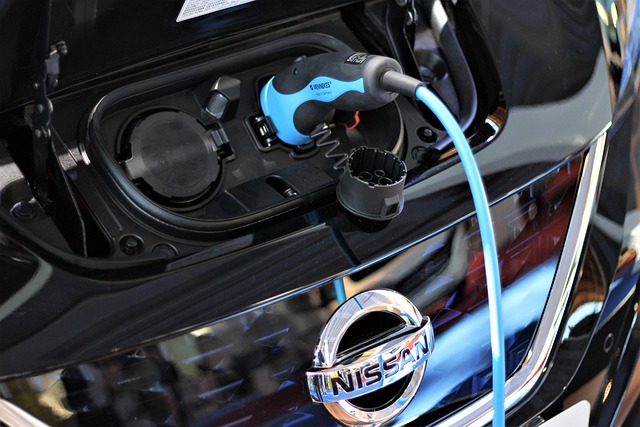The rapid evolution of technology has ushered us into a new era of mobility, where eco-friendly e-vehicles are emerging as a beacon of hope for a sustainable future. In a world grappling with climate change and environmental degradation, these innovative modes of transportation offer a viable path towards reducing our ecological footprint. E-vehicles represent a shift not just in how we get from point A to point B, but also in our collective mindset towards sustainable development.
As cities expand and populations grow, the demand for efficient transportation solutions has never been more critical. Traditional vehicles contribute significantly to greenhouse gas emissions, driving many to seek alternatives that align more closely with ecological best practices. E-vehicles stand out due to their ability to run on electricity, substantially decreasing reliance on fossil fuels. By making the transition to e-vehicles, we take a significant step toward achieving carbon neutrality—a goal that’s pivotal in the fight against climate change.
Embracing green technologies is essential for the evolution of our transportation systems. From advanced battery technologies to the harnessing of renewable energy sources like solar or wind, the integration of sustainable solutions into e-vehicle development is paramount. Automakers are increasingly investing in research and development focused on creating lighter, more efficient models that charge faster and last longer. The rise of smart grids further complements these advancements, enabling e-vehicles to recharge during off-peak hours and contribute excess energy back into the system.
Moreover, communities are beginning to prioritize infrastructure that supports e-vehicle usage. Charging stations are becoming more prevalent, ensuring that drivers can rely on a network that meets their needs. Local governments are encouraging this shift by implementing incentives for e-vehicle purchases and developing plans to expand public charging facilities. These initiatives not only make e-vehicles more accessible but also foster a culture around sustainable practices and environmental consciousness.
As we move toward a more sustainable future, the impact of e-vehicles extends beyond just individual choices. They are becoming part of a broader framework aimed at reducing urban congestion and air pollution. With fewer emissions and reduced noise pollution, e-vehicles can transform the urban landscape, making cities not only more mobile but also healthier places to live.
For individuals, adopting an e-vehicle is not merely a personal choice; it represents a commitment to the planet and future generations. By driving an e-vehicle, one becomes part of a larger movement toward sustainable living, contributing to a decrease in harmful emissions and promoting environmental stewardship. Communities that embrace these vehicles embody progressive thinking and a dedication to improving their ecological footprint.
The transition to e-vehicles aligns seamlessly with the global aim of sustainable development. This multifaceted approach not only focuses on environmental benefits but also encompasses economic and social aspects. Investing in e-vehicle technologies is not just an environmental imperative; it is an opportunity to create jobs, stimulate innovation, and enhance public health. As countries and cities venture towards a more sustainable trajectory, e-vehicles will undoubtedly be at the forefront of this pivotal change.
Moving towards a carbon-neutral world is not just an ideal; it is a necessary evolution for the survival of our planet. In this context, eco-friendly e-vehicles are critical pieces of the puzzle, enabling us to rethink mobility in a way that honors both our environment and our need for transport. As we collectively embrace this sustainable revolution, the future of mobility looks not only bright but also green.




